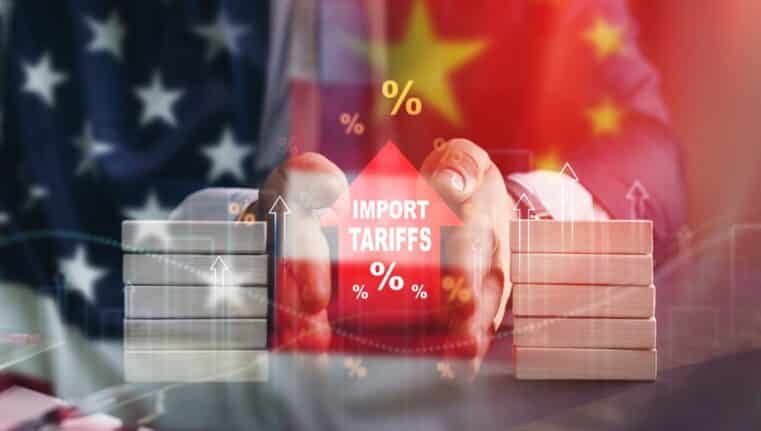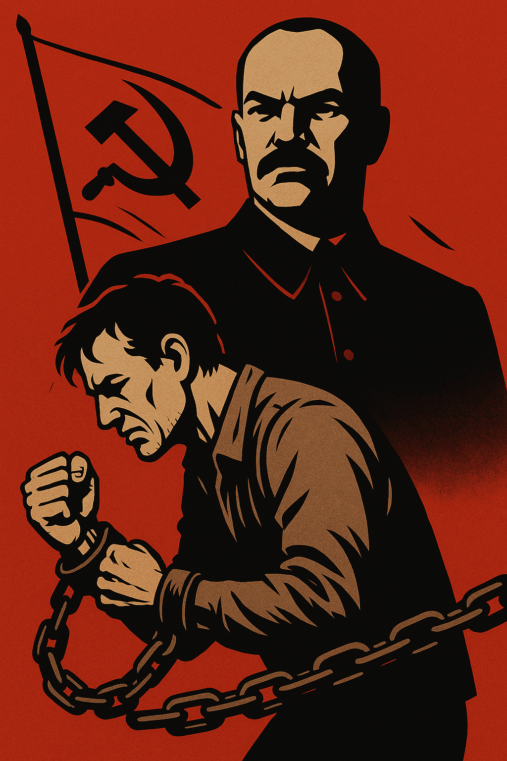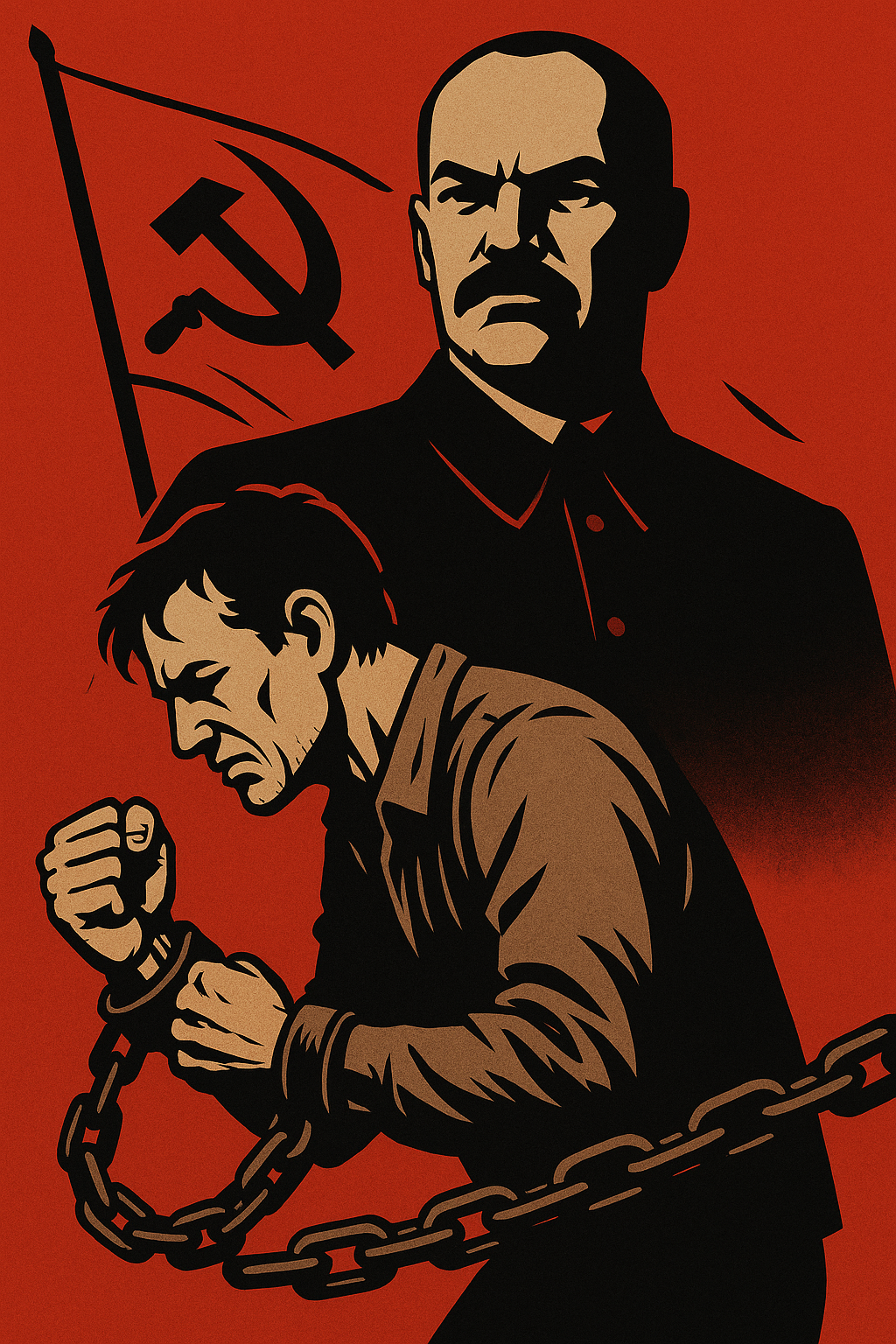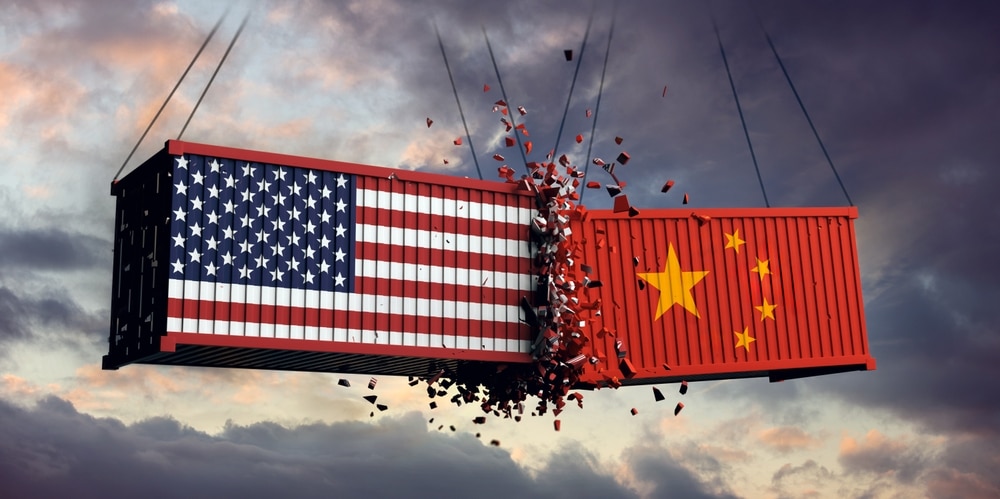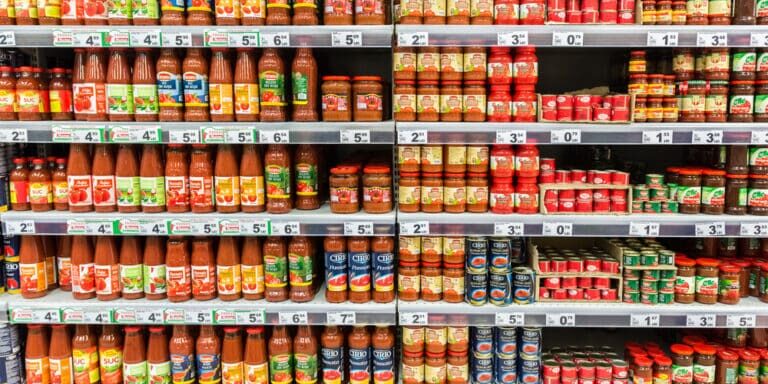
The Tomato Tariff Trap: How Washington’s Trade War Will Cause Your Food Prices to Explode
A 20% Tax Disguised as “Fairness”
Mark my words: the cost of your next Caprese salad is about to skyrocket—and not because Mother Nature decided to drown the tomato fields. No, this time it’s the Washington mandarins lighting the fuse.
On July 14, the U.S. Department of Commerce will slam the door on a nearly 30-year-old trade agreement with Mexico, replacing it with a punitive 20.91% tariff on Mexican tomatoes. They call it an “antidumping duty order,” but don’t let the bureaucratic doublespeak fool you. This is protectionist price-fixing designed to funnel more cash into a handful of domestic agribusinesses while everyone else—restaurant owners, grocery stores, families—gets hosed.
Officials claim they’re just making sure “our international partners are being fair,” but fairness doesn’t pay your grocery bill. The reality is that the moment this duty hits, tomato prices are forecast to spike nearly 10%—and that’s the polite estimate. Arizona State University professor Timothy Richards expects consumer demand to fall 5%, a polite way of saying people will skip the tomatoes altogether.
No Scenario Where Consumers Don’t Get Screwed
Major importers like NatureSweet aren’t even pretending they can absorb the cost. CEO Rodolfo Spielmann spelled it out: “There’s no scenario” where they can eat the tariffs. Translation: every last penny gets passed to you.
Meanwhile, small businesses are standing on the edge of the abyss. Teresa Razo, who owns two Argentine-Italian restaurants in Southern California, told CNN she figures she’s got three months before the artificially inflated tomato prices send her into bankruptcy. Multiply that by thousands of independent restaurants, diners, and produce suppliers—and you’ll start to see just how many livelihoods are about to get bulldozed so the Department of Commerce can preen about “level playing fields.”
The Domino Effect of Food Inflation
And if you think this ends with tomatoes, think again. Tariffs and trade restrictions on other staples—cheese, grains, you name it—are lining up behind this policy like dominoes. A slice of pizza is becoming a luxury item because Washington has decided it can score political points by choking off supply chains.
How This Rip-Off Works (and Why It’s No Accident)
Let’s break this racket down in plain English. Here’s how it happens:
- Importers pay the tariff upfront—in this case, almost 21 cents on every dollar of Mexican tomatoes.
- They have to recover that cost immediately to stay in business. That means every distributor, wholesaler, and retailer down the chain jacks up their prices.
- Competition shrinks because small players—restaurants, mom-and-pop grocers, independent distributors—can’t negotiate bulk rates or survive margin hits like the conglomerates can.
- Fewer suppliers equals higher prices. The big guys don’t have to compete as hard when little guys go bust.
- Consumers get stuck paying more, all while Washington pretends this was about fairness instead of consolidating the market for corporate allies.
The result? A vicious cycle of inflation, declining choice, and dependency on megacorporations. And while you’re budgeting whether to buy fresh produce this week, the policymakers congratulating themselves on “protecting American jobs” are dining on taxpayer-funded steak dinners.
This is exactly how centralized systems rot the economy from the inside out—by creating artificial scarcity and using crisis as leverage to consolidate power.
Don’t Buy Their Narrative
The ugly truth is that none of this is accidental. Inflation becomes a convenient excuse to push people toward centralized food assistance programs and digital rationing. It’s the same playbook they’ve used with energy, housing, and now the dinner table: manufacture a crisis, then sell the control as a solution.
Don’t be the sucker who buys the official story. Whether you care about personal autonomy or just the price of lunch, you’d better start questioning why your grocery bill is exploding—and who benefits from the chaos.
Call to Action:
If you think this tomato tariff is just the beginning, you’re right. The machine never stops. Download Seven Steps to Protect Yourself from Bank Failure by Bill Brocius today and learn how to fortify your finances before they’re swallowed by the next manufactured crisis. Download here





